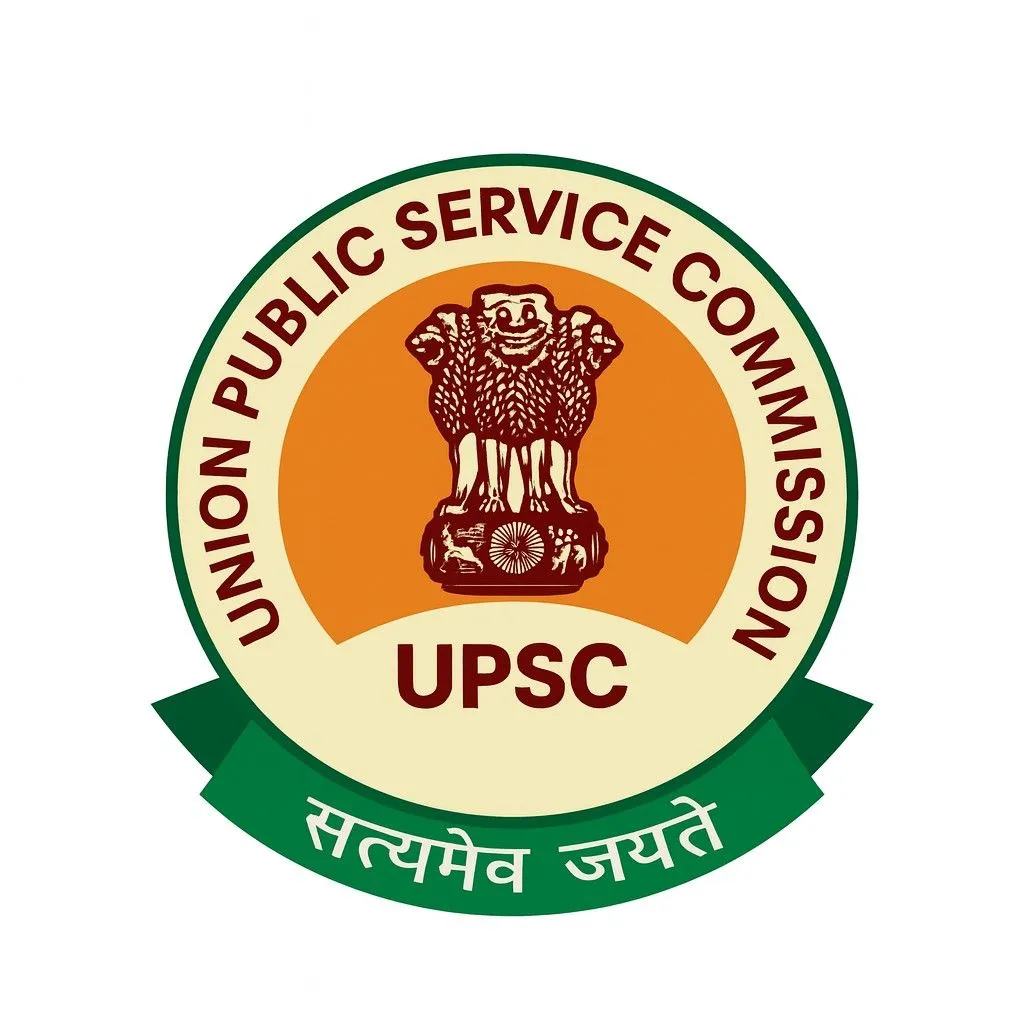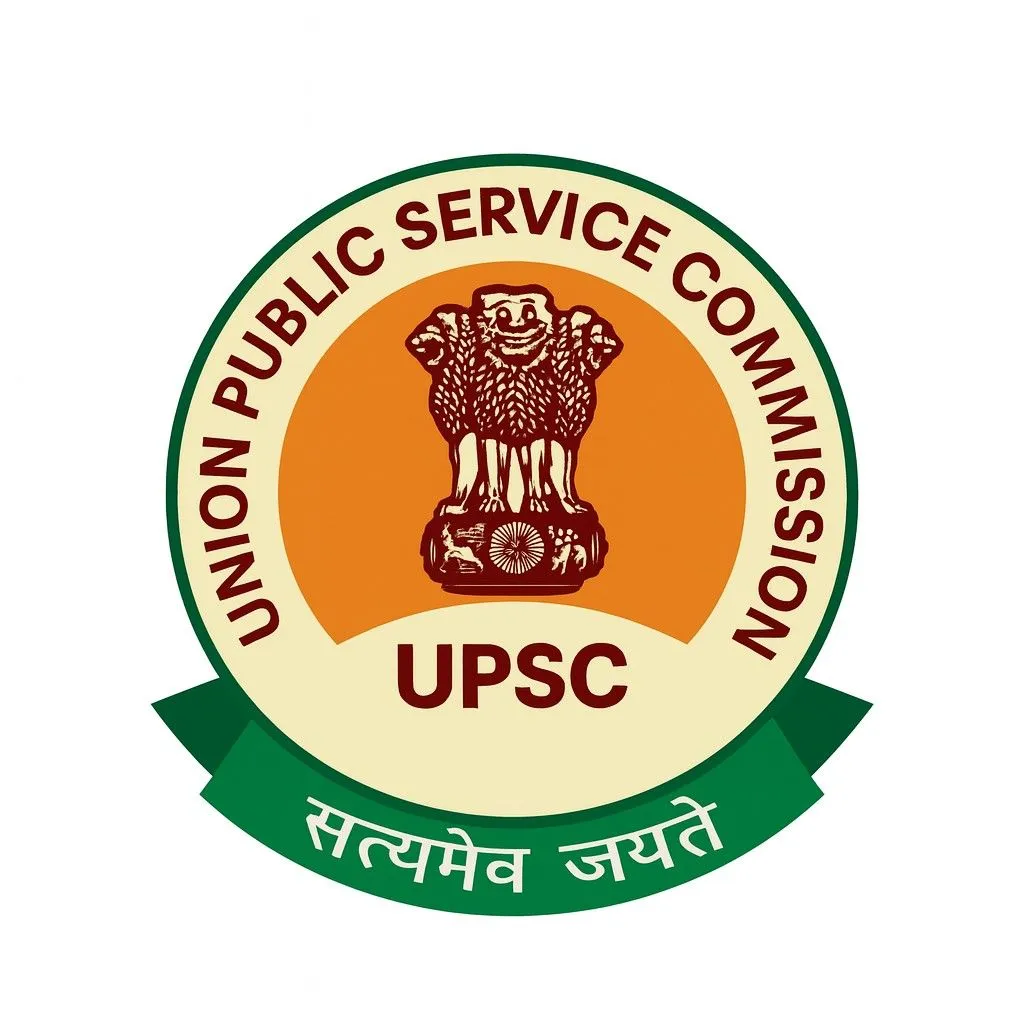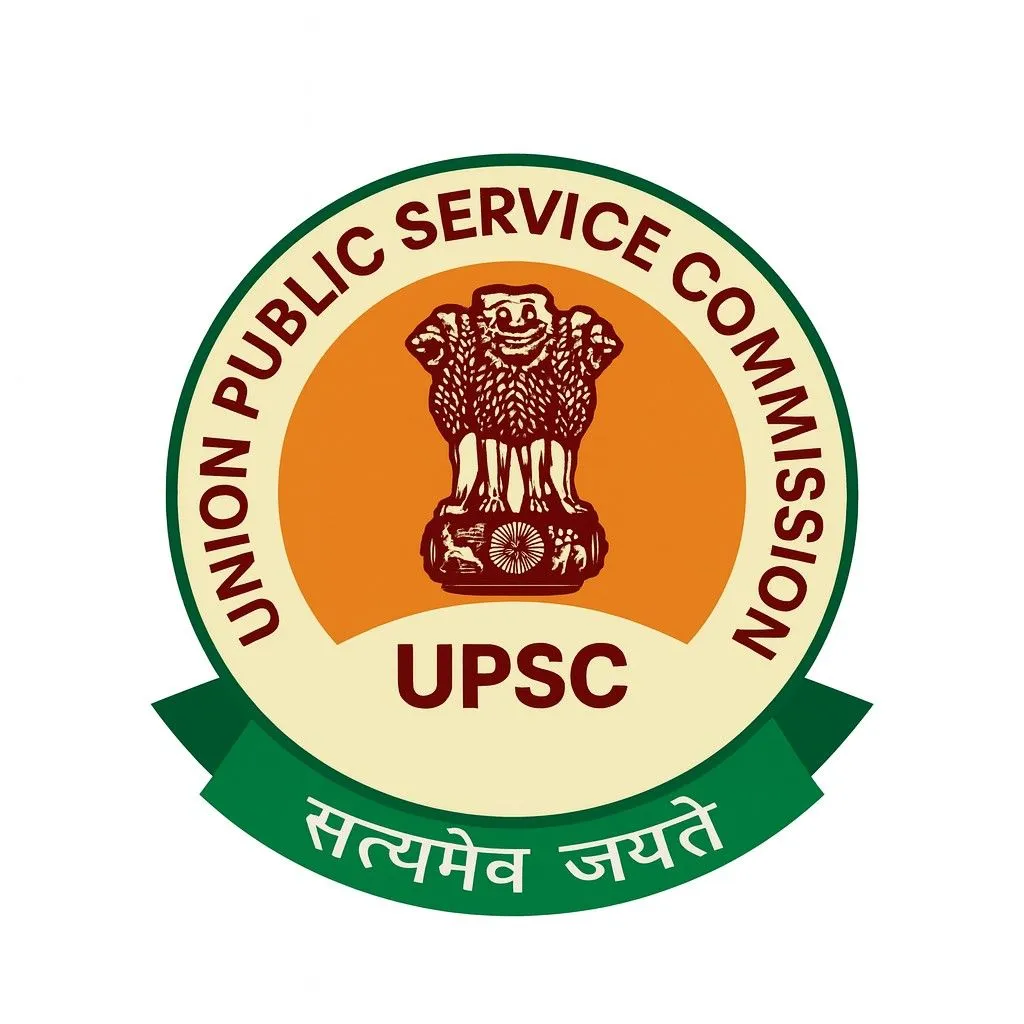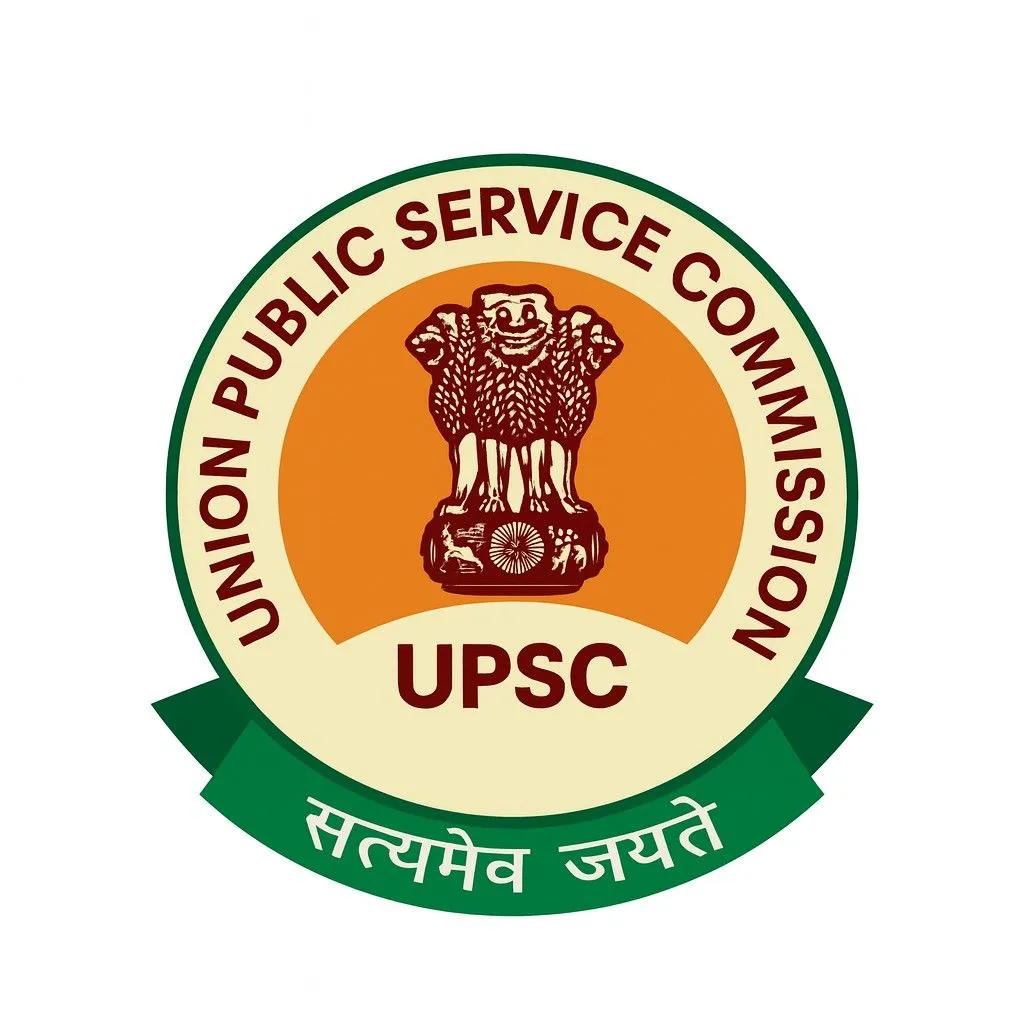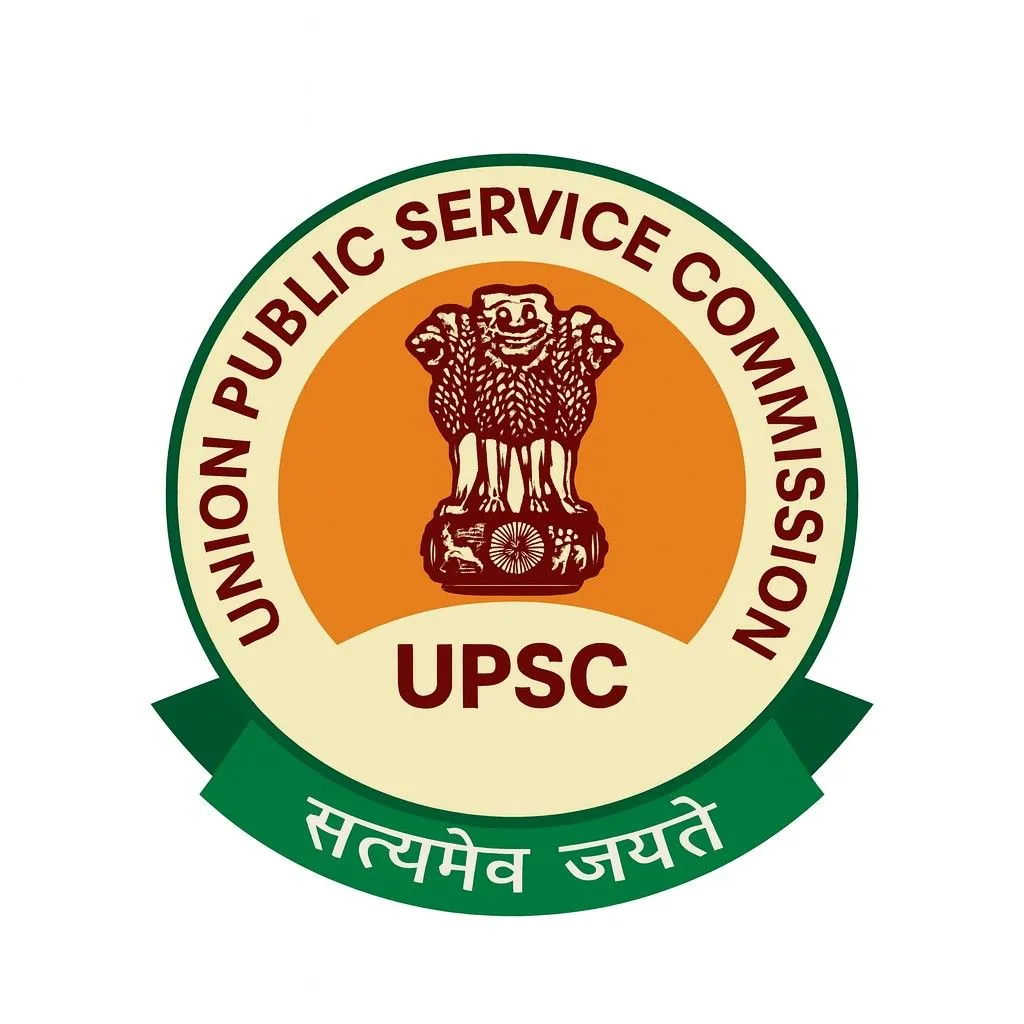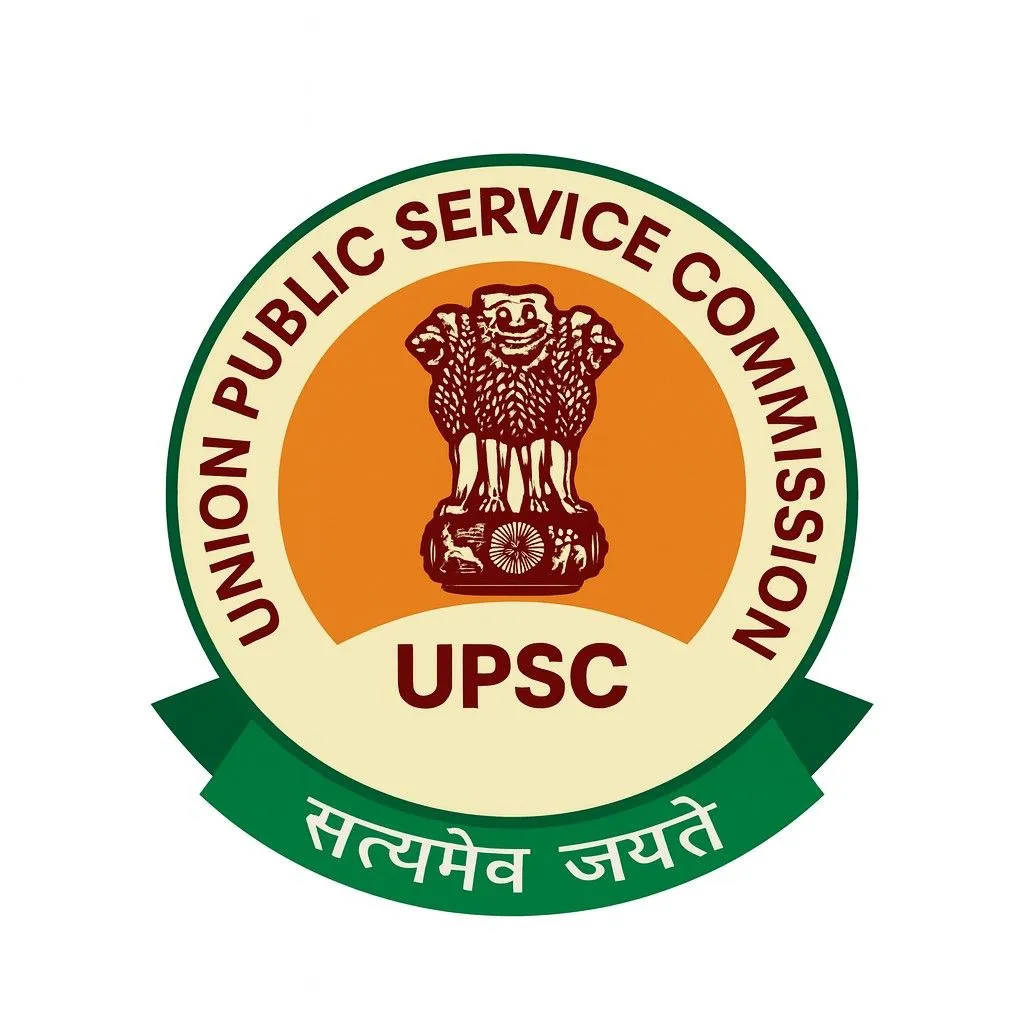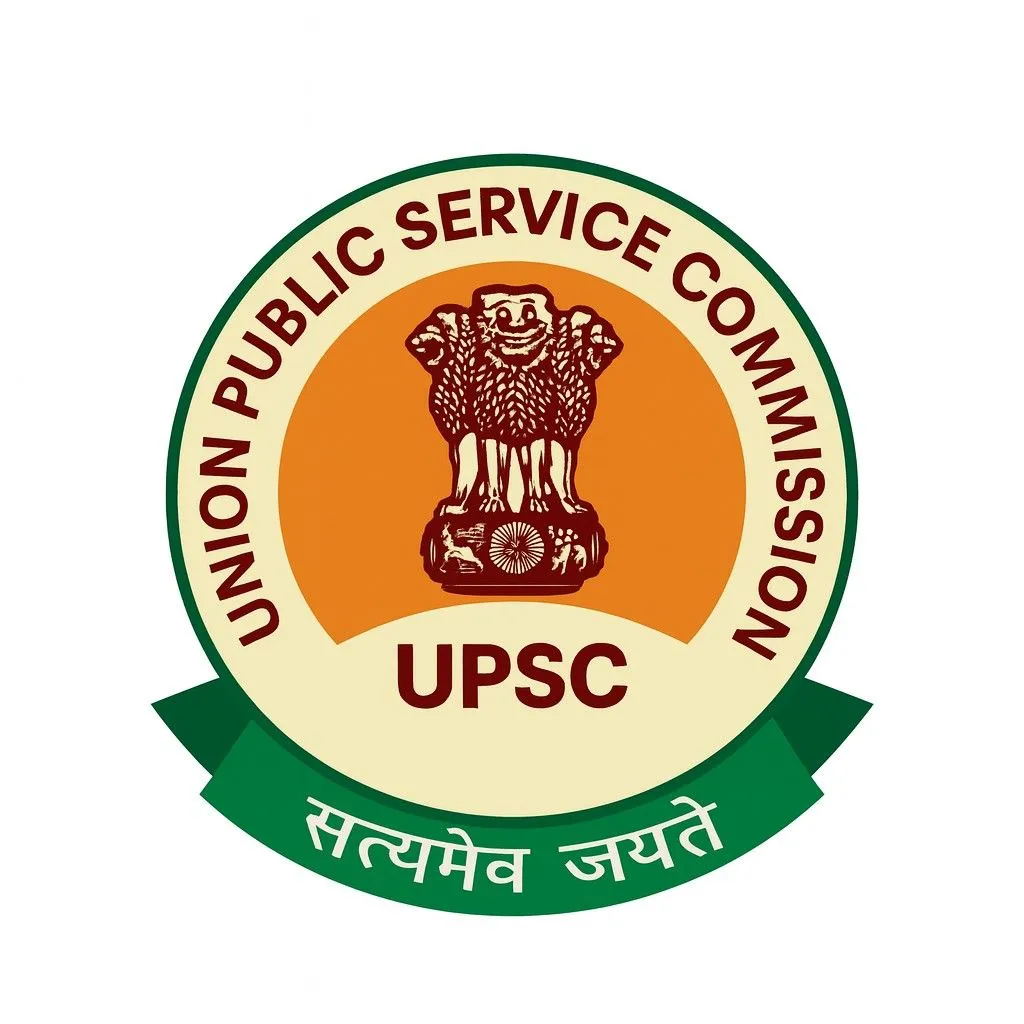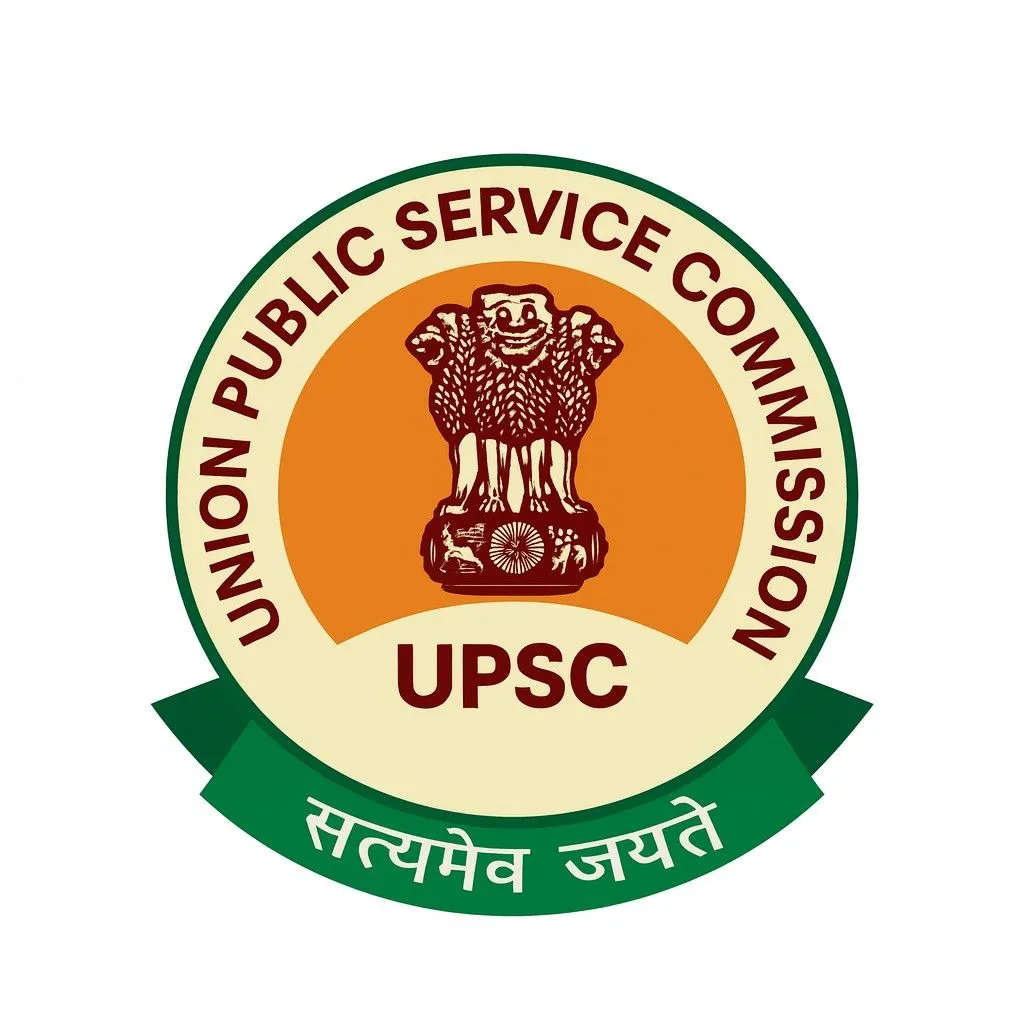
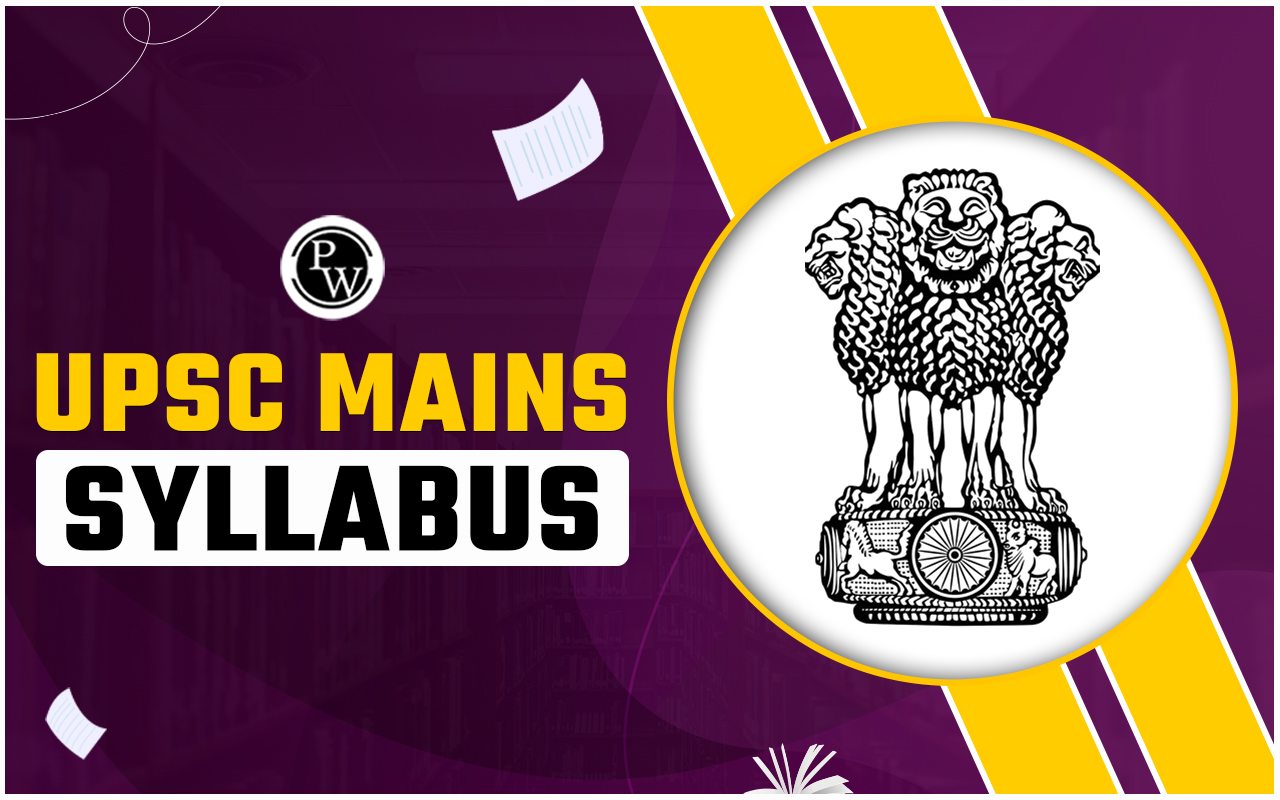

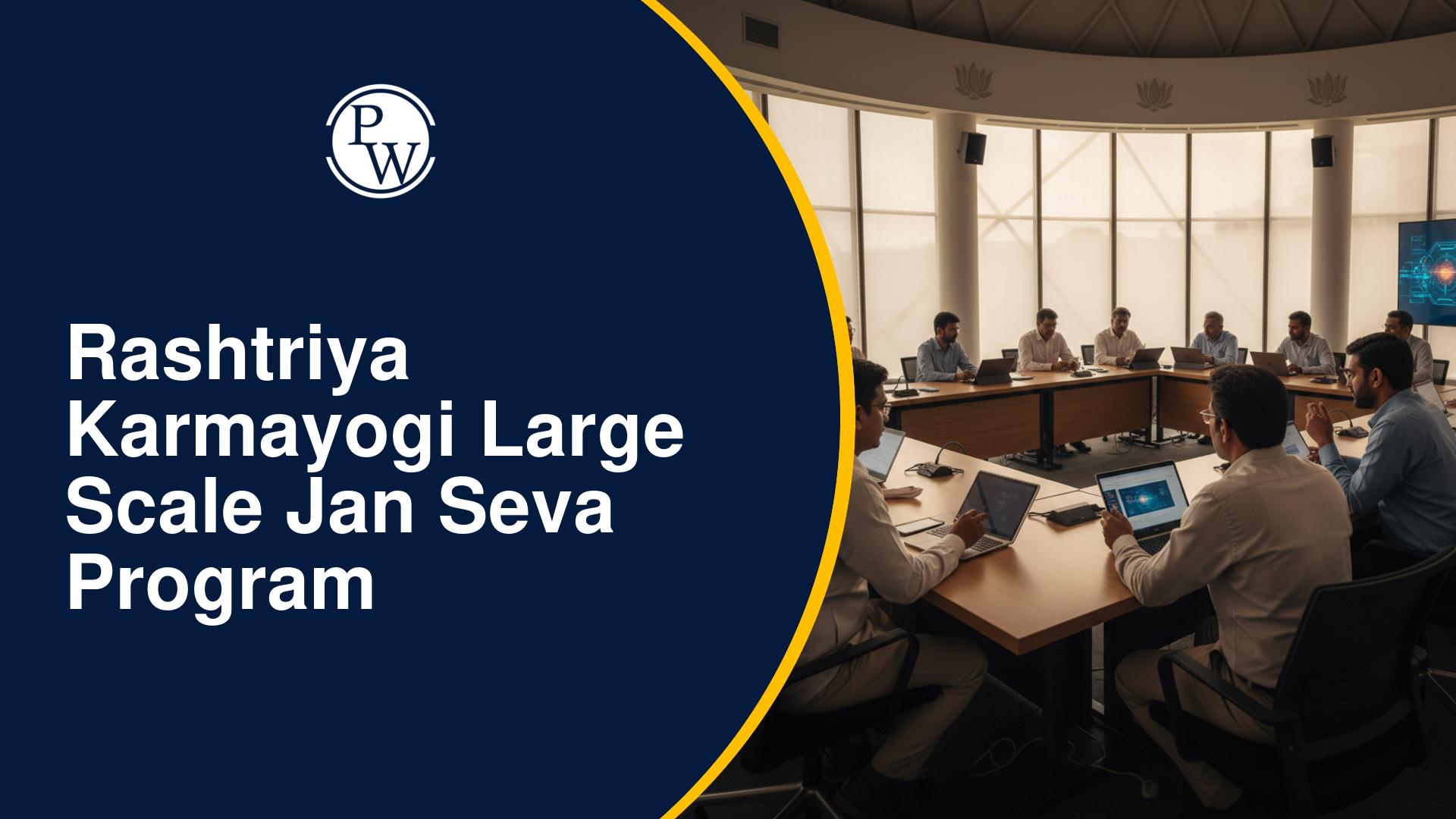
All Blogs
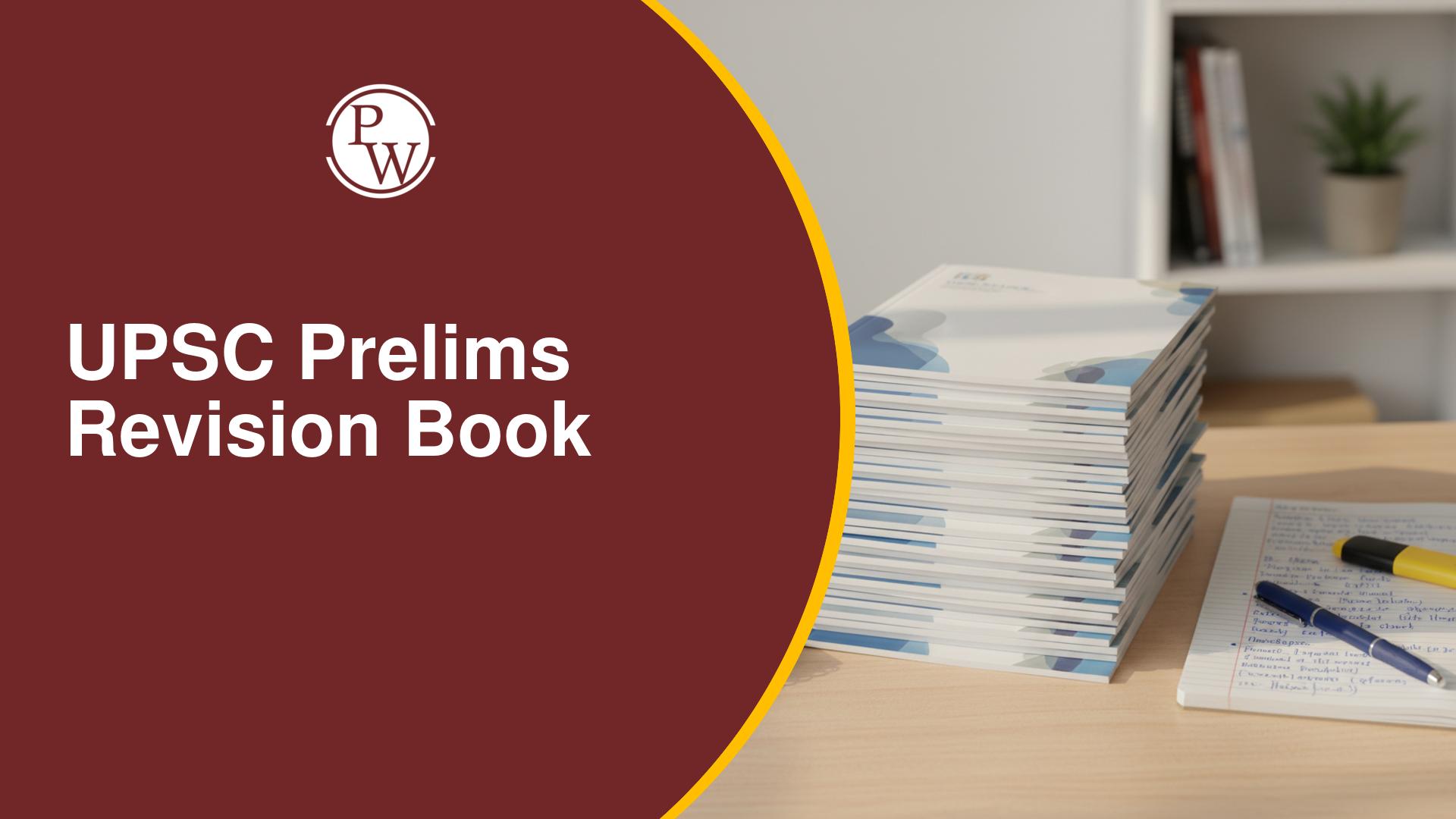
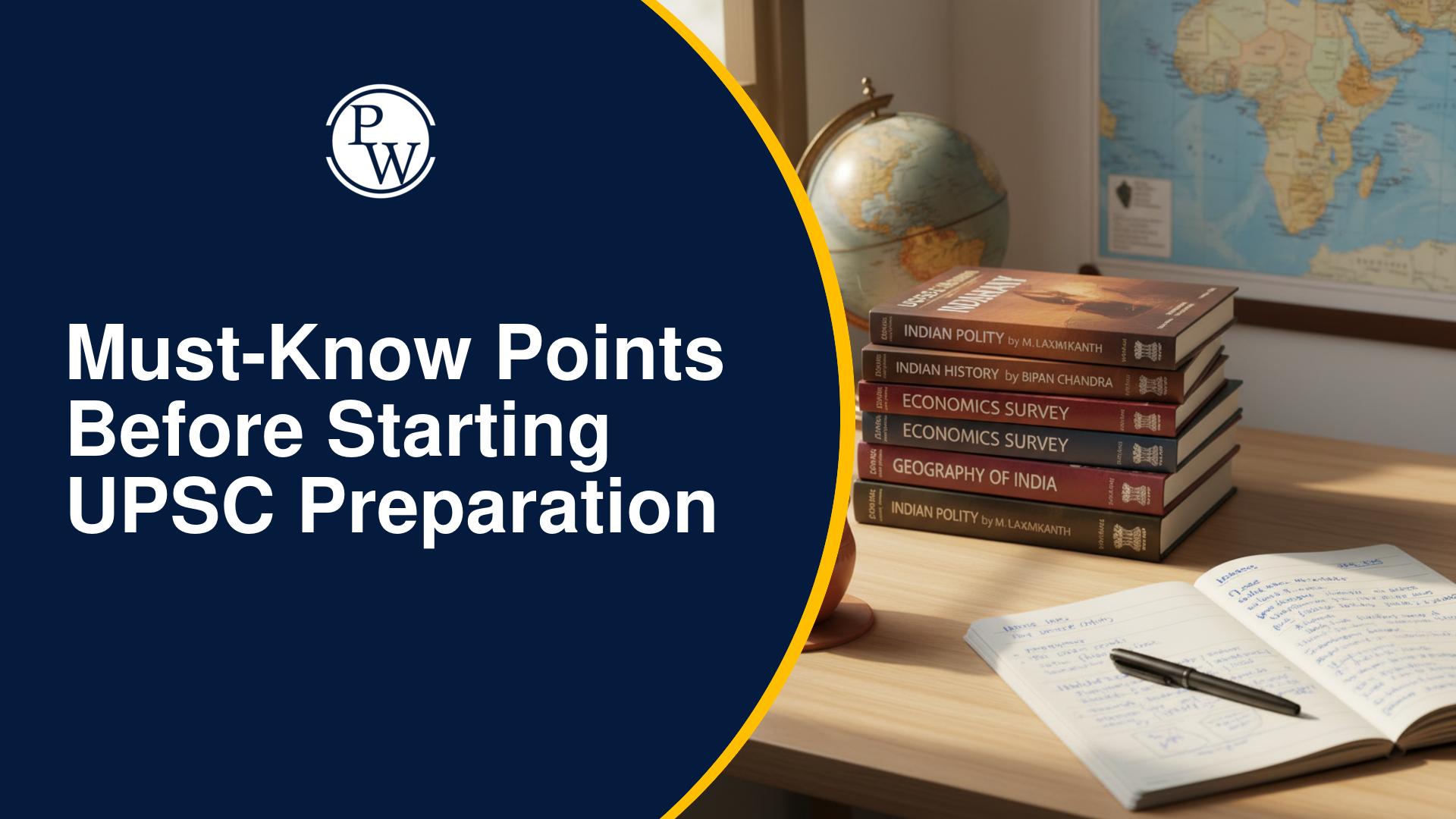



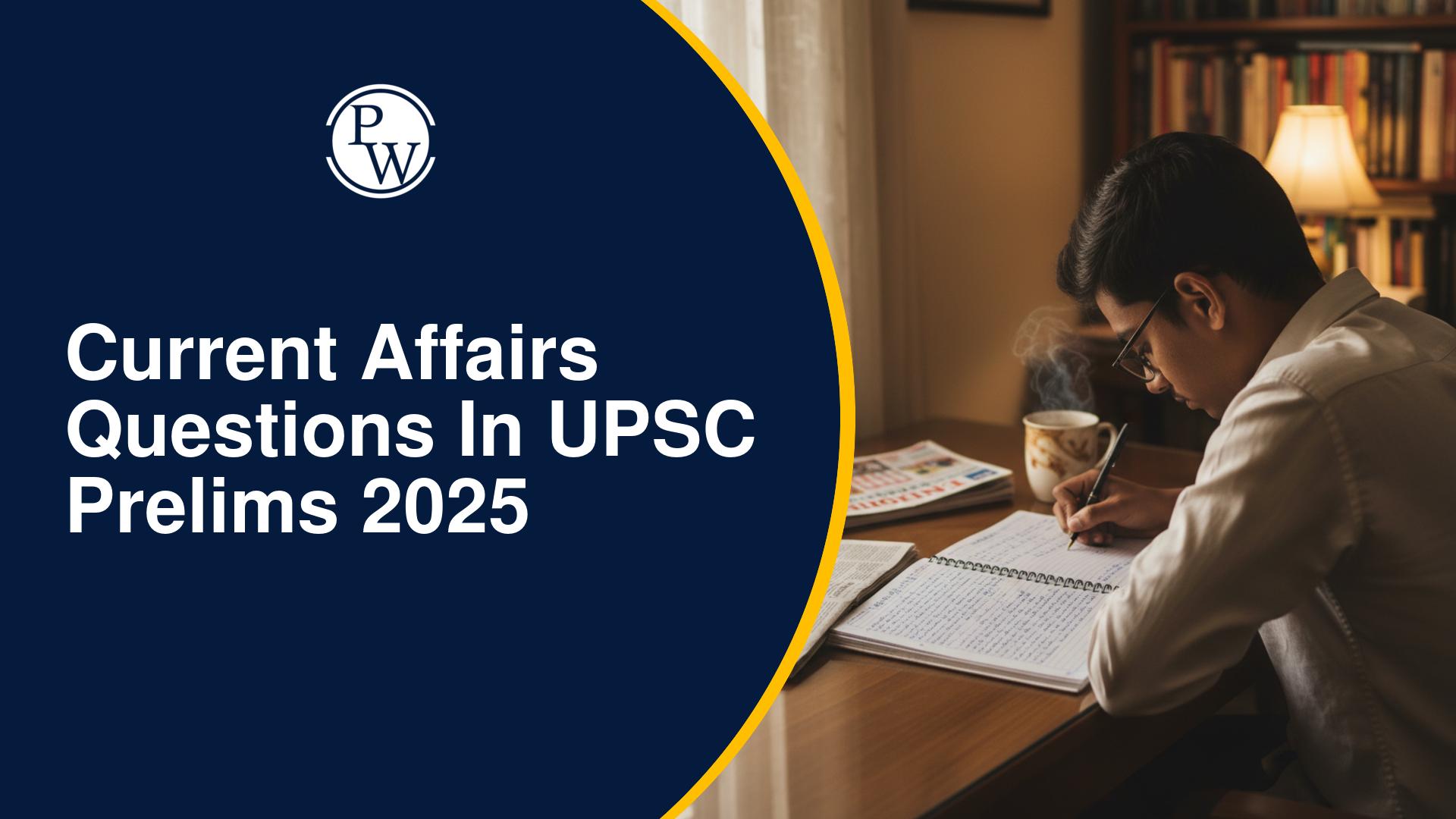
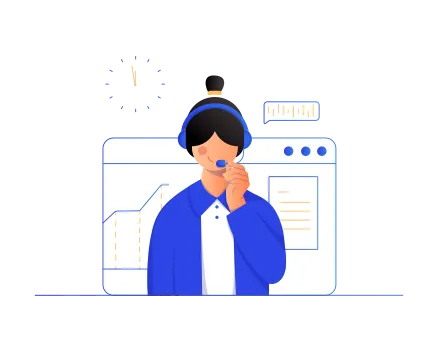
Get Free Counselling Today
and Clear up all your Doubts
What is the UPSC Exam 2026?
The full form of UPSC is Union Public Service Commission. It is India’s central recruitment body responsible for selecting qualified candidates for civil services and other government posts under Articles 315 to 323 of the Constitution of India. To fulfil this role, UPSC conducts national-level examinations for both technical and non-technical services.
In 2026, multiple UPSC examinations are scheduled, providing aspirants opportunities for prestigious careers in government services. Candidates should stay updated with their target UPSC Exam 2026 to track important dates and avoid missing any key events.
UPSC Exam 2026 Notification Postponed
The Union Public Service Commission has issued a notice to inform the candidates regarding UPSC 2026 Notification Postponed for CSE and IFS exams. The official notification was supposed to be released on the official website on January 14, 2026. UPSC 2026 Notification for CSE and IFS exams has been postponed due to administrative issues, as cited in the notice. Candidates will have to wait for further updates from UPSC’s end regarding new notification dates. No updates have been provided regarding any change in the prelims exam date.
Candidates who are targeting the CSE and IFS exams. They should know that the prelims exam will be conducted on May 24, 2026, as per the official UPSC calendar. If any changes happen in the Prelims exam date, UPSC will inform candidates on the official website itself. Meanwhile, Candidates should complete their UPSC OTR (One-Time Registration) process on the website. It can help them to complete the application process for UPSC recruitment exams smoothly once the application is released on the website.
UPSC Exam List 2026
Candidates often confuse the UPSC with the IAS exam, which is incorrect, as the UPSC is the conducting authority, and the IAS is one of the services for which it conducts the CSE exam, the most popular UPSC exam. The UPSC 2026 Calendar has been released, announcing dates for the major UPSC Exam 2026. Here are the top exams that will be conducted by UPSC in 2026:
|
UPSC Exam List 2026 |
|
|
Exam Name |
Full Form |
|
UPSC CSE |
UPSC Civil Services Examination |
|
UPSC EPFO |
UPSC Employees Provident Fund Organisation Exam |
|
UPSC IFoS |
UPSC Indian Forest Service Exam |
|
UPSC GSI |
UPSC Combined Geoscientist and Geologist Exam |
|
UPSC SCRAP |
UPSC Special Class Railway Apprentice |
|
UPSC IES/ISS |
UPSC Indian Economic Service/Indian Statistical Service Exam |
UPSC CSE 2026 Exam
The UPSC Civil Services Examination holds the reputation as the most difficult and popular exam. This exam is conducted annually to recruit candidates for the top 21 Group A and Group B services including the Indian Administrative Service (IAS), Indian Police Service (IPS), and Indian Foreign Service (IFS).
UPSC CSE 2026 notification will be released on 14 January 2026 (Expected). The UPSC 2026 Application Form date and UPSC 2026 Registration date will begin on 14 January 2026 and close on 3 February 2026. As per the schedule, the UPSC 2026 Prelims date is 24 May 2026 (Sunday), while the UPSC Mains 2026 examination will commence from 21 August 2026 onwards. A brief overview of the UPSC CSE Exam 2026 is given below:
|
UPSC CSE 2026 Exam |
|
|
UPSC 2026 Notification |
14th January 2026 (Expected) |
|
UPSC CSE Selection Process |
Prelims Mains Interview |
|
UPSC CSE Prelim Exam |
General Studies Paper I General Studies Paper II (CSAT) |
|
UPSC CSE Mains Exam |
Essay General Studies I General Studies II General Studies III General Studies IV Optional Paper I Optional Paper II |
|
UPSC CSE Interview |
275 Marks |
UPSC EPFO 2026 Exam
The UPSC Employees Provident Fund Organisation exam is conducted to select Enforcement Officers (EO), Accounts Officers (AO), and Assistant Provident Fund Commissioners (APFC). The Employees Provident Fund Organisation (EPFO) is a statutory body and recruitment for top positions in this government organization will be done through the UPSC Exam 2026.
UPSC EPFO 2026 exam will be conducted soon and candidates will need to ensure that they are well-versed with the UPSC EPFO syllabus and exam pattern. An attractive EPFO salary awaits aspiring candidates, check out major highlights for the UPSC EPFO Exam 2026:
|
UPSC EPFO 2026 Exam |
|
|
UPSC EPFO Notification |
14th January 2026 (Expected) |
|
UPSC EPFO Selection Process |
Written Exam Interview/Personality Test |
|
UPSC EPFO Exam |
Part A Part B |
|
UPSC EPFO Interview |
100 Marks |
|
UPSC EPFO Vacancy |
To be Announced |
UPSC IFoS 2026 Exam
Along with IAS and IPS, the Indian Forest Service (IFS) is the most popular All-India service among aspirants. The UPSC IFoS exam also known as UPSC Indian Forest Service Exam is conducted simultaneously with the UPSC CSE exam. Candidates must clear the UPSC IFoS Exam 2026 to be selected for the coveted position of Group A officers in forest services.
UPSC CSE Prelim Exam 2026 will be the same for CSE and IFoS, however, the mains exam will be held separately. Announcement for Indian Forest Service Exam 2026 is available on the official website of UPSC. Get ready to ace this one of the popular UPSC Exam 2026.
|
UPSC IFoS 2026 Exam |
|
|
UPSC IFoS 2026 Notification |
14th January 2026 (Expected) |
|
UPSC IFoS 2026 Selection Process |
Prelims Mains Interview |
|
UPSC IFoS Prelims 2026 |
Paper 1 Paper 2 |
|
UPSC IFoS Mains 2026 |
General English General Knowledge Optional I (Paper III) Optional I (Paper IV) Optional II (Paper V) Optional II (Paper VI) |
|
UPSC IFoS Interview 2026 |
300 Marks |
UPSC SCRA 2026 Exam
UPSC Special Class Railway Apprentice Exam or UPSC SCRA is a technical recruitment examination. Candidates who have completed their 10+2 education in science and mathematics subjects can consider the UPSC SCRA 2026 exam to join Indian Railways.
While UPSC is entrusted to conduct the SCRA Exam 2026, it is the responsibility of Indian Railways to train selected candidates. This exam is exclusive to aspirants interested in a career in the mechanical department of railways. UPSC SCRA 2026 exam is all set to be conducted soon, have a glimpse of this UPSC Exam 2026.
|
UPSC SCRA 2026 Exam |
|
|
UPSC SCRA 2026 Selection Process |
Written Exam Interview |
|
UPSC SCRA Exam 2026 |
600 Marks |
|
UPSC SCRA Interview 2026 |
200 Marks |
UPSC IES/ISS 2026 Exam
For candidates having a commerce background and interested in a similar field, the UPSC Indian Economic Service/Indian Statistical Service Exam is an opportunity that must not be missed. In the list of UPSC Exam 2026 the Indian Statistical Service (ISS) exam or Indian Economic Service (IES) exam holds a distinct place.
To select the best brain for elite Group A services, the UPSC IES/ISS 2026 exam will be held soon across the country. The UPSC ISS eligibility criteria require a degree in Statistics/Mathematical Statistics/Applied Statistics and the UPSC IES eligibility criteria mandates a postgraduate degree in Economics/Business Economics/Applied Economics/Econometrics.
|
UPSC IES/ISS 2026 Exam |
|
|
UPSC IES ISS Selection Process |
Written Exam Personality Test |
|
UPSC IES ISS Stage 1 |
General English General Studies |
|
UPSC IES Exam 2026 Stage 2 |
General Economics I General Economics II General Economics III Indian Economics |
|
UPSC ISS Exam 2026 Stage 2 |
Statistics I (Objective) Statistics II (Objective) Statistics III (Objective) Statistics IV (Descriptive) |
|
UPSC IES ISS Personality Test 2026 |
200 Marks |
UPSC GSI 2026 Exam
UPSC Combined Geoscientist and Geologist Exam 2026 will be conducted for various technical services that include Group ‘A’ posts of Geologist, Geophysicist, CGWB, Chemical in GSI and junior Hydro-geologist (Scientist Group ‘B’). UPSC will soon announce the UPSC Combined Geo-Scientist Recruitment 2026 on its website.
Candidates are required to have related qualifications as listed in the UPSC GSI eligibility criteria to apply for the UPSC CGSE/GSI Exam 2026. Here is a brief of the exam structure for UPSC GSI Exam 2026:
|
UPSC GSI 2026 Exam |
|
|
UPSC Combined Geo-Scientist Prelims |
400 Marks |
|
UPSC Combined Geo-Scientist Mains |
600 Marks |
|
UPSC Combined Geo-Scientist Interview |
200 Marks |
|
UPSC Combined Geo-Scientist Vacancy |
To be announced |
UPSC Preparation Strategy
UPSC 2026 offers a chance to secure prestigious officer-level positions in central services. To succeed, candidates should follow a well-planned and complete preparation strategy. Since the UPSC Exam Calendar 2026 has already been released, aspirants should start now and focus on their target exam, such as UPSC CSE, without delay.
An ideal UPSC preparation strategy must have the following elements:
-
Familiarity with the UPSC selection process 2026.
- Understanding of UPSC exam pattern and UPSC Exam Syllabus 2026.
-
Quality UPSC preparation books that are specific to the exam.
-
Best online study material for the UPSC 2026 exam.
-
UPSC study notes such as NCERT notes for quick revision purposes.
-
Guidance from best mentors to clear the UPSC exam in the first attempt.
-
Top-notch UPSC test series for sufficient practice.
These elements, combined with dedication and commitment, will help in achieving success in your target UPSC Exam 2026 with ease.
